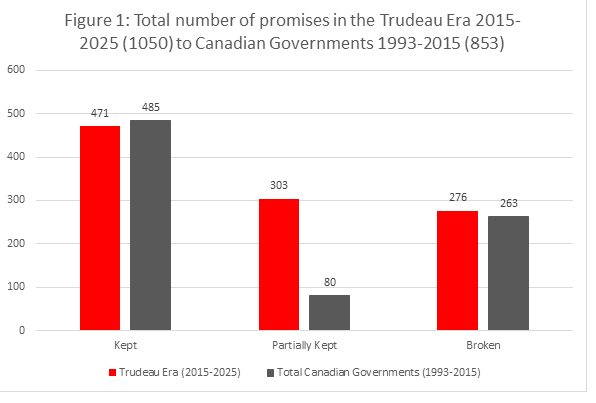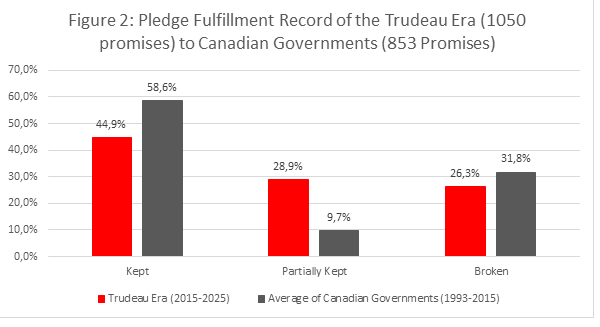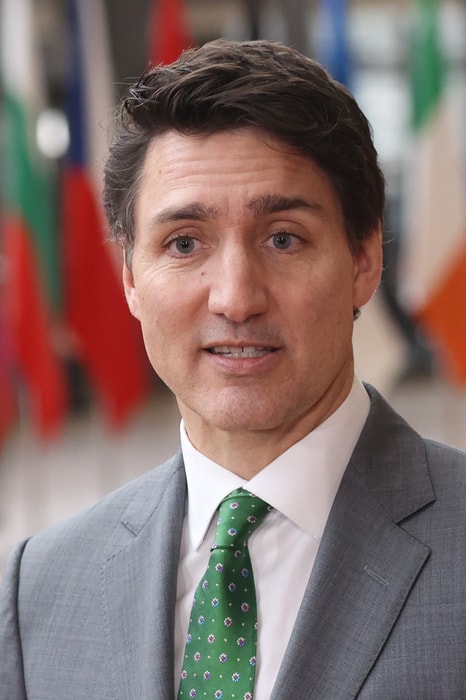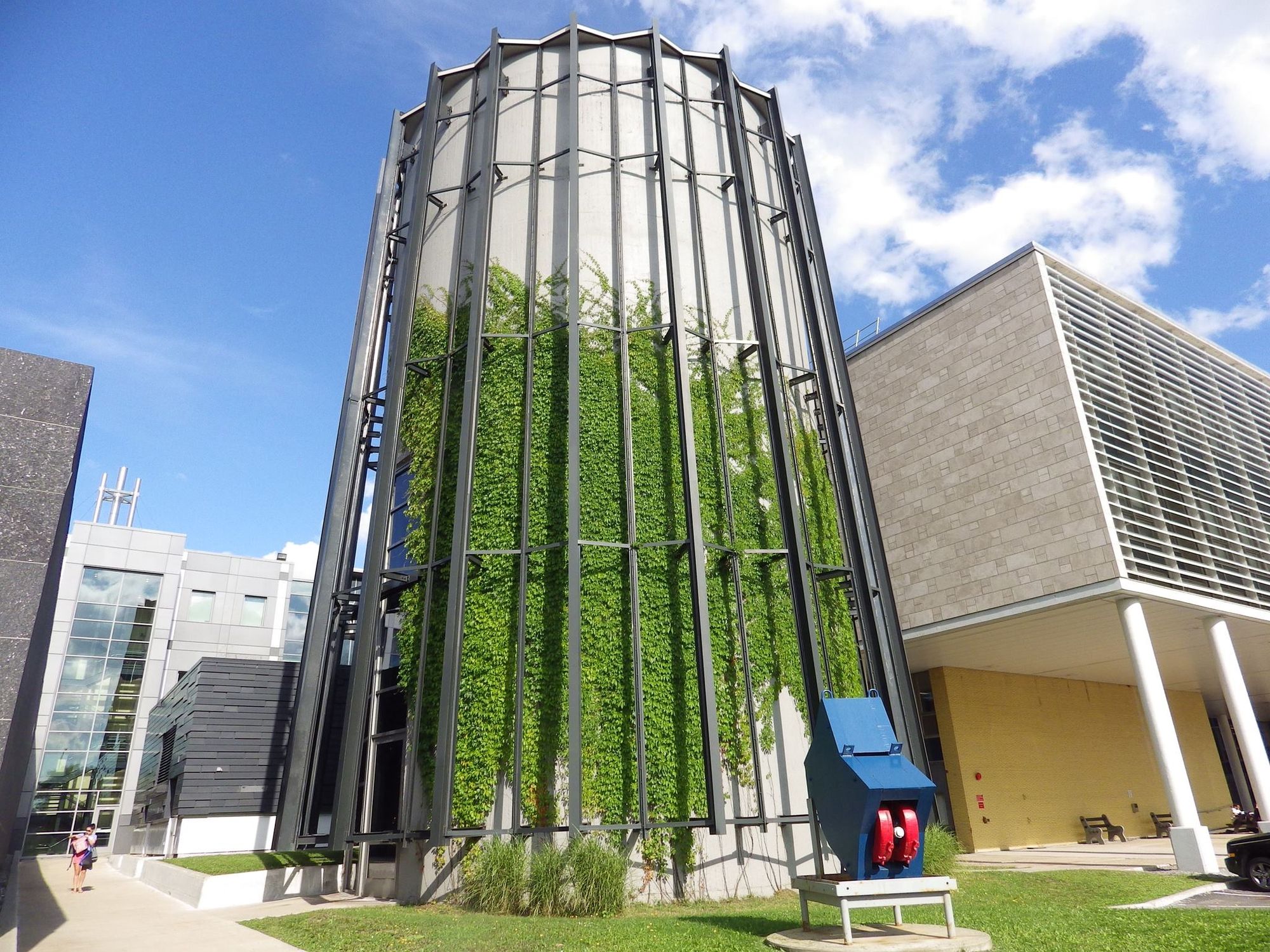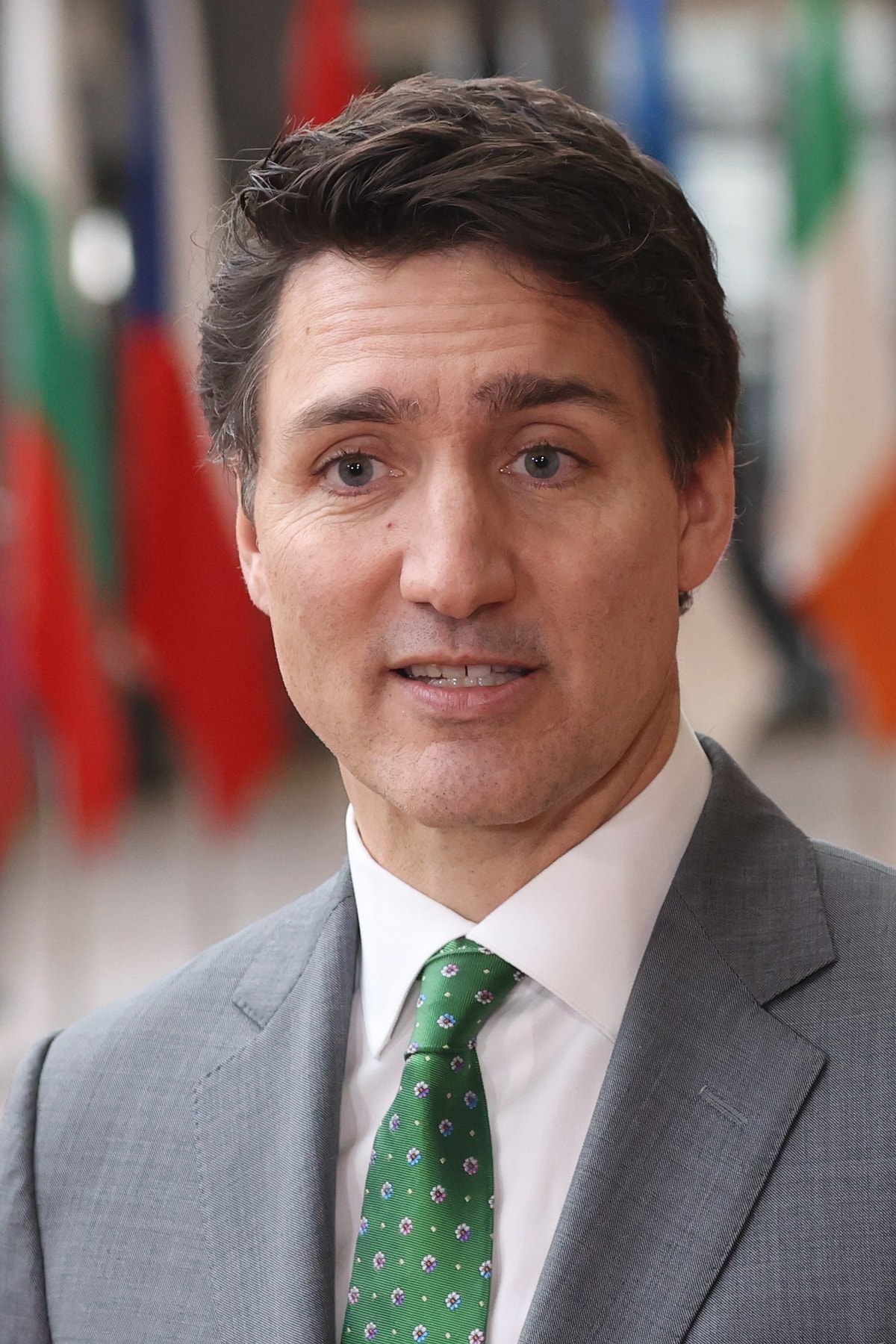
— Union européenne
The minority Trudeau Liberal government has fulfilled 44% (156) of the 354 promises made during the 2021 election, while 32% (113) have been partially fulfilled and 24% (85) have been broken. These are the findings of the Trudeau Polimeter produced by Lisa Birch, Executive Director of the Centre for the Analysis of Public Policy (CAPP) and Adjunct Professor in the Department of Political Science at Université Laval, and her team.
This record contrasts with the Liberal government's second term (2019-2021), which saw a record number of broken promises (48%). Thanks in part to the agreement with the NDP, which lasted two and a half years, this last mandate of the Trudeau era shows a record number of 113 promises partially fulfilled (32%). The number of promises wholly or partly fulfilled during this mandate (76%) is higher than the average for Canadian governments since 1993 (70%), but is still lower than the record for the Trudeau government's first mandate from 2015-2019, which stood at 89%.
The figures in the appendix compare the record of the Trudeau era 2015-2025 with the overall record of other Canadian governments from 1993-2015. Trudeau’s 1,050 election promises over three mandates exceed the total of 853 election promises made by seven governments between 1993-2015.
“According to our research, Canadian minority governments tend to deliver less than majority governments. However, the comparison between the two Liberal minority mandates tells us that a minority government can achieve results similar to those of majority mandates,” explains Alexandre Fortier-Chouinard, Data scientist for the Polimeter and Postdoctoral researcher at CAPP. “By remaining in power from November 2021 to March 2025, the Trudeau government benefited from more time to deliver on its promises than during its 2019-2021 minority mandate.”
“Among the promises that attracted the most attention were the creation of a national childcare programme, the implementation of climate change policies and the pursuit of national reconciliation efforts with Indigenous peoples,” explains Lisa Birch.
“The promises to increase the Canada Child Benefit introduced by the Liberals in 2016, to invest $4 billion in a fund to accelerate housing construction and to bring the employment rate back to pre-pandemic levels are important promises that have been fully implemented without making the headlines,” notes Lisa Birch.
To find out more about the election promises of the Trudeau era and make up your own mind about their importance, the Polimeter team encourages readers to explore the Canadian Polimeter web application. This application provides exhaustive access to a database of election promises that users can sort by mandate, by area of public policy and by verdict. It provides an archive of federal and provincial government commitments, while remaining user-friendly and accessible.
Assessing Justin Trudeau’s Liberal Minority Governments (2019-2025): Navigating through 697 promises in times of crisis
A second edited book on the Trudeau era will be available shortly. In this rigorous and independent comparative analysis of the record of Justin Trudeau's two minority governments, academics and experts decipher the successes, failures, limitations and compromises of Justin Trudeau's two minority governments in delivering on their promises and their flagship public policy initiatives. The book is being published simultaneously in English and French. For more information, visit the Presses de l’Université Laval website.
For information and interview:
Lisa Birch
Centre d’analyse des politiques publiques (CAPP)
Faculté des sciences sociales
Université Laval
Cell phone : 418-609-3920
lisa-maureen.birch@capp.ulaval.ca
Source:
Direction des communications
Université Laval
Appendix with figures (additional figures and data available on request):
